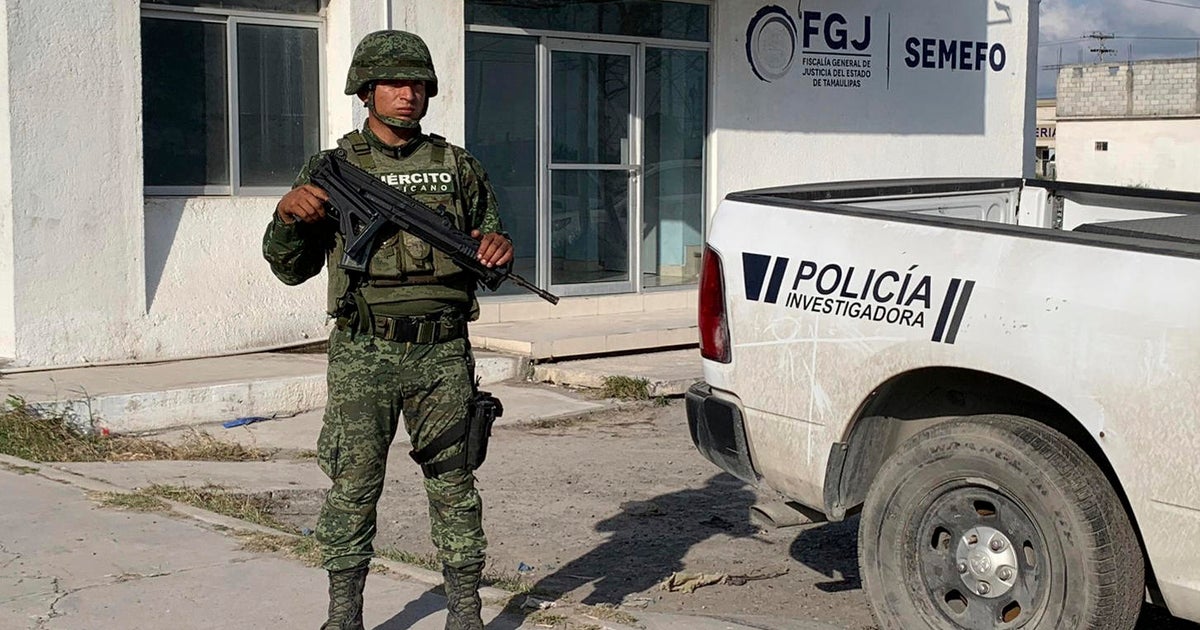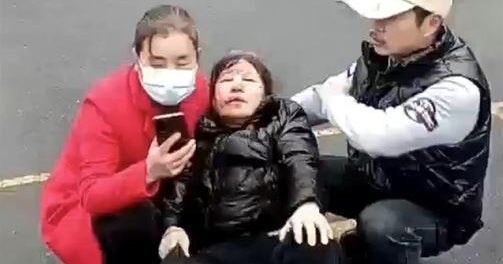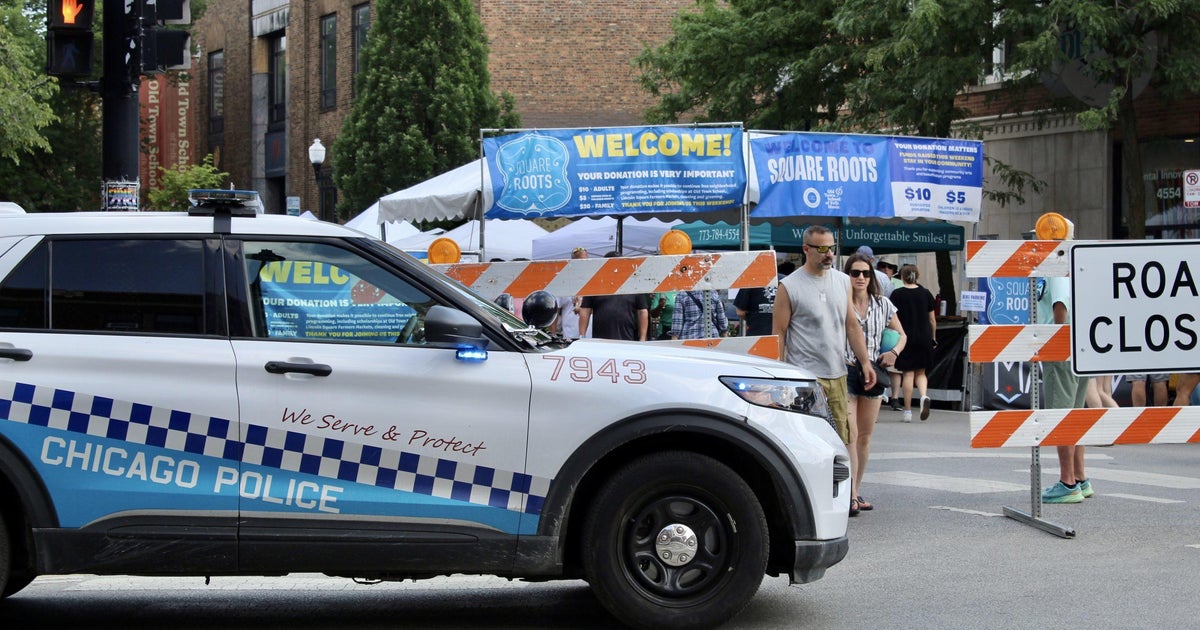Hong Kong protesters defy police ban to march for 13th week
Hong Kong — A large fire blazed across a main street in Hong Kong on Saturday night, as protesters made a wall out of barricades and set it afire. Hundreds of protesters gathered behind the fire, many pointing laser beams that streaked the night sky above them.
Earlier, the protesters threw objects and gasoline bombs over barriers set up at government headquarters. Police on the other side responded with tear gas and blue-colored water fired from a water cannon.
The protesters retreated when police arrived on the street to clear them from the area, but reassembled and built the wall and set the fire on Hennessey Road in the city's Wan Chai district. Police had yet to confront them while the fire blazed.
A march to mark the fifth anniversary of China's decision against fully democratic elections in Hong Kong was not permitted by police, but protesters took to the streets anyway in the 13th straight weekend of demonstrations. The ban resulted in a disorganized march with no clear end point — with demonstrators scattered across the city.
The mostly young, black-shirted protesters took over roads and major intersections in shopping districts as they rallied and marched. Police erected additional barriers and brought out two water cannon trucks near the Chinese government office and deployed at various locations in riot gear.
While others marched back and forth elsewhere in the city, a large crowd wearing helmets and gas masks gathered outside the city government building. Some approached barriers that had been set up to keep protesters away and appeared to throw objects at the police on the other side. Others shone laser lights at the officers.
Police fired tear gas from the other side of the barriers, then brought out a water cannon truck that fired regular water and then colored water at the protesters, staining them and nearby journalists and leaving blue puddles in the street.
The standoff continued for some time, but protesters started moving back as word spread that police were headed in their direction. A few front-line protesters hurled gasoline bombs at the officers in formation, but there were no major clashes as police cleared the area.
Democratic Party lawmaker Lam Cheuk-ting said Hong Kong citizens would keep fighting for their rights and freedoms despite the arrests of several prominent activists and lawmakers in the past two days, including activist Joshua Wong.
The protests were sparked by a now-shelved extradition bill. Protesters are demanding its full withdrawal, democratic elections and an investigation into alleged police brutality in what have been pitched battles with hard-line demonstrators.
"I do believe the government deliberately arrested several leaders of the democratic camp to try to threaten Hong Kong people not to come out to fight against the evil law," Lam said at what was advertised as a Christian march earlier in the day.
About 1,000 people marched to a Methodist church and police headquarters. They alternated between singing hymns and chanting the slogans of the pro-democracy movement. An online flyer for the demonstration called it a "prayer for sinners" and featured images of a Christian cross and embattled Hong Kong leader Carrie Lam, who had proposed the extradition bill.
Authorities rejected an application from the Civil Human Rights Front, the organizer of pro-democracy marches that have drawn upward of a million people this summer, for a march to the Chinese government office. Police said that while previous marches have started peacefully, they have increasingly degenerated into violence in the end.
The standing committee of China's legislature ruled on August 31, 2014, that Hong Kong residents could elect their leader directly, but that the candidates would have to be approved by a nominating committee.
The decision failed to satisfy democracy advocates in the city and led to the 79-day long Occupy Central protests that fall, in which demonstrators camped out on major streets in the financial district and other parts of Hong Kong.
The participants in the religious march Saturday were peaceful and mostly older than the younger protesters who have led this summer's movement and, in some cases, blocked streets and battled police with bricks, sticks and gasoline bombs
Religious meetings do not require police approval, though authorities said late Friday that organizers of a procession with more than 30 people must notify police. The government shut down streets and subway service near the Chinese government's office, about 3 miles west of the religious march.
Ramy Inocencio contributed to this report.




